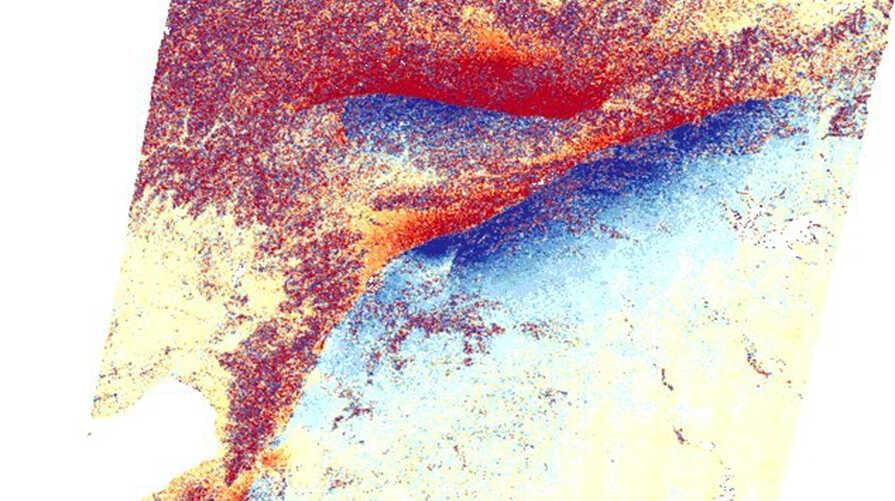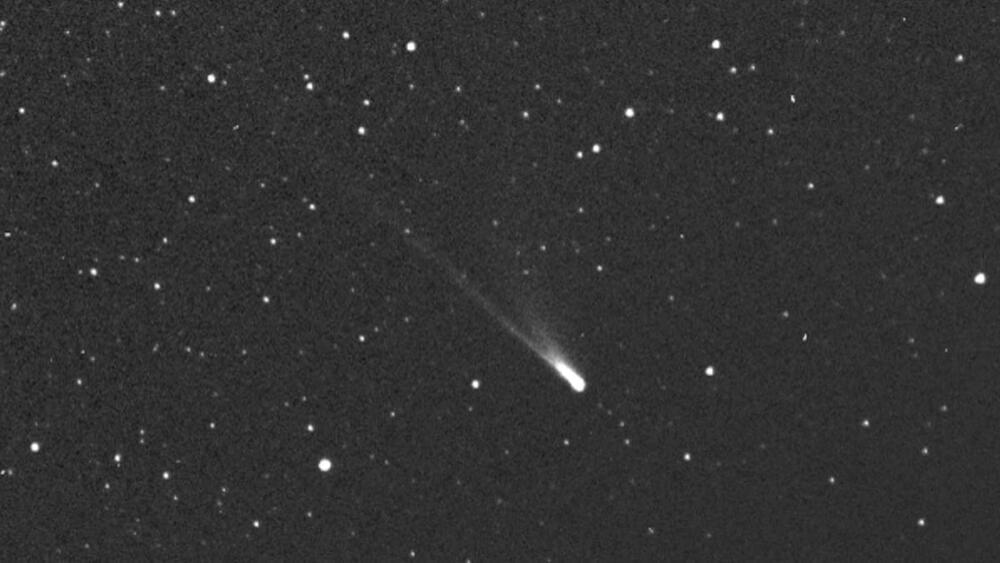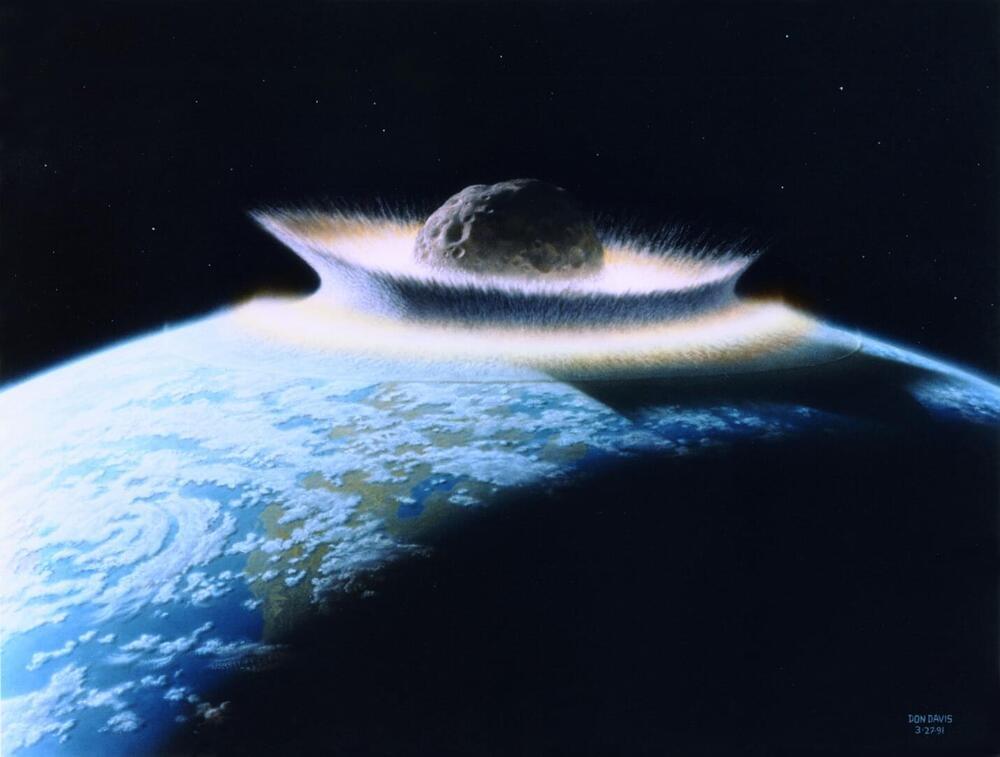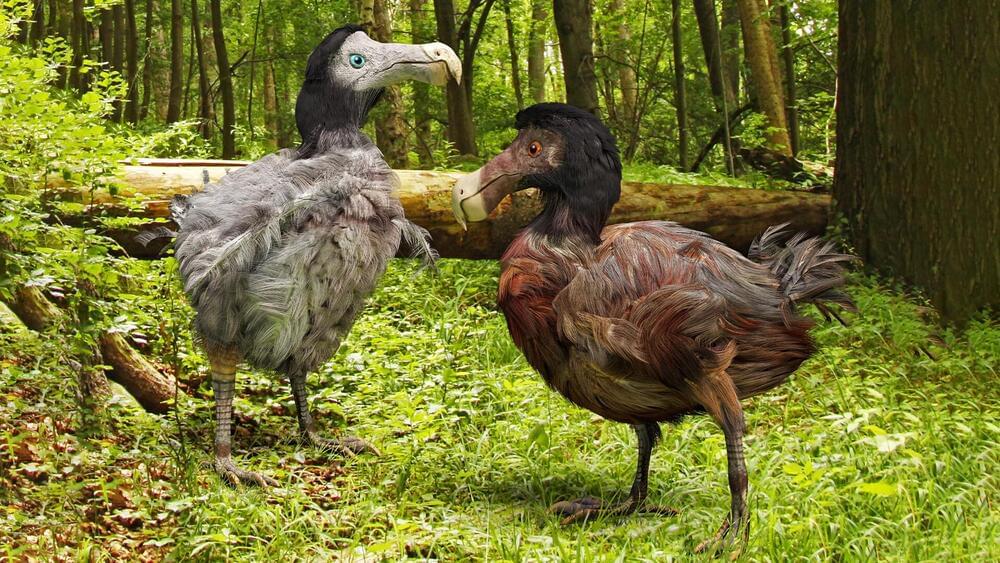Dr. Craig Kaplan discusses Artificial Intelligence — the past, present, and future. He explains how the history of AI, in particular the evolution of machine learning, holds the key to understanding the future of AI. Dr. Kaplan believes we are on an inexorable path towards Artificial General Intelligence (AGI) which is both an existential threat to humanity AND an unprecedented opportunity to solve climate change, povery, disease and other challenges. He explains the likely paths that will lead to AGI and what all of us can do NOW to increase the chances of a positive future.
Chapters.
0:00 Intro.
0:22 Overiew & summary.
0:45 Antecedents of AI
1:15 1956: Birth of the field / Dartmouth conference.
1:33 1956: The Logic Theorist.
1:58 1986: Backprogation algorithm.
2:26 2016: SuperIntelligent AI / Alpha Go.
2:51 Lessons from the past.
3:59 Today’s “Idiot Savant” AI
4:45 Narrow vs. General AI (AGI)
5:15 Deep Mind’s Alpha Zero.
6:19 Demis Hassabis on Alpha Fold.
6:47 Alpha Fold’s amazing performance.
8:03 OpenAI’s ChatGPT
9:16 OpenAI’s DALL-E2
9:50 The future of AI
10:00 AGI is not a tool.
10:30 AGI: Intelligent entity.
10:48 Humans will not be in control.
11:16 The alignment problem.
11:45 Alignment problem is unsolved!
12:45 Likely paths to AGI
13:00 Augmented Reality path to AGI
13:26 Metaverse / Omniverse path to AGI
14:20 AGI: Threat AND Opportunity.
15:10 Get educated — books.
15:48 Get educated — videos.
16:20 Raise awareness.
16:44 How to influence values of AGI
17:52 No guarantees, we must do what we can.
18:47 AGI will learn our values.
19:30 Wrap up / contact info.
LINKS & REFERENCES
Contact:
@iqcompanies.
[email protected].
Websites.
iQStudios website (Free educational videos):
https://www.iqstudios.net/
IQ Company website (Consulting firm specializing in AI & AGI):
https://www.iqco.com/
OpenAI website (Creators of ChatGPT and DALL – E2):




